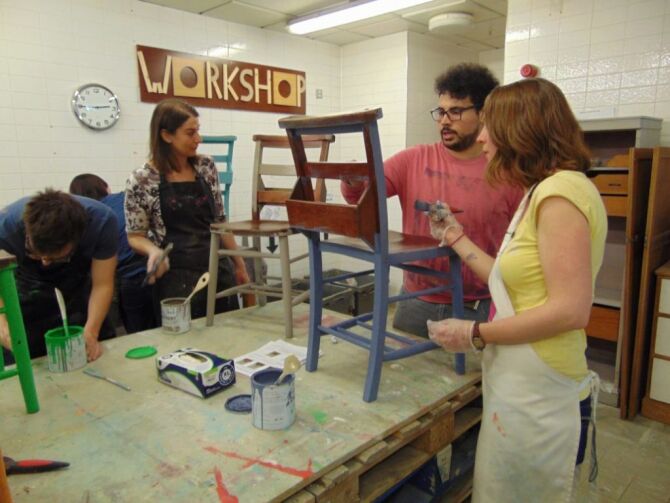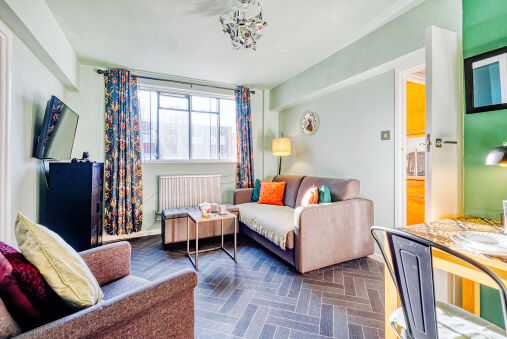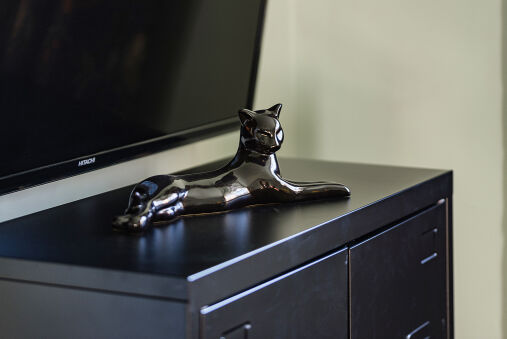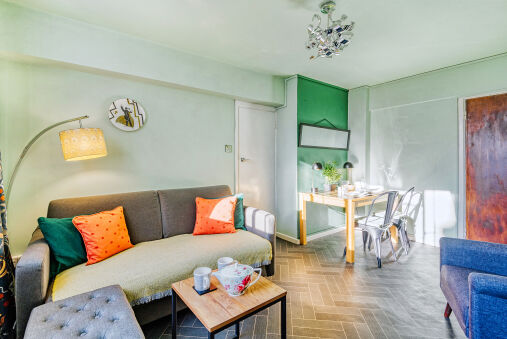Explore London
What a load of rubbish
The city’s full of second-hand and upcycled gems
Waste not, want not: it’s a fine mantra to live by, encouraging us not to throw away unnecessarily what we’re finished with – be it food, clothing or furniture. London does quite a lot of that, with only around a third of our household waste being recycled.
London’s flea markets

The Big London Flea is a great example to look out for, involving over 50 stalls selling second-hand and recycled wares covering just about everything. Hackney Flea Market itself is on every month, and features a delightful bi-monthly DIY art fair where some of London’s best self-published and independent artists exhibit their latest works. We brought it to you last Christmas in our blog, but Camden Passage remains a fantastic market to spot some hidden gems, all within tiny shops that cluster together in a magical setting.
Art at the Bridge
The theme of ‘change’ runs through this year’s Art at the Bridge, with a focus on the construction and destruction of London through in various forms: architectural, cultural, emotional. Now in its eighth year, Tower Bridge once again features a series of local artists for a salient glimpse at life in the capital.
Until 31st December at Tower Bridge.

Upcycling

To some this remains a buzzword, and a pretentious spin on the more simple ‘second-hand goods’. But the trend does have its merits, transforming otherwise well-worn pieces of furniture and clothing into chic, simple and beautifully crafted products with a new lease of life. Upcycling shops can be found across the city, including in Shepherd’s Bush where a hub filled with independent traders is operated by Petit Miracles. On the first and second Saturday of each month they also run upcycling workshops, helping you make the most of what some consider waste.
Charities
There are a number of excellent charities providing the opportunity for homeowners to remove and donate their unwanted goods. At Emmaus, those experiencing homelessness can then refashion the furniture and keep the proceeds from sales, while Recover is another British example of a charity supporting vulnerable adults by giving them a new lease of life in their workshops (and shop floors).









 london
london














